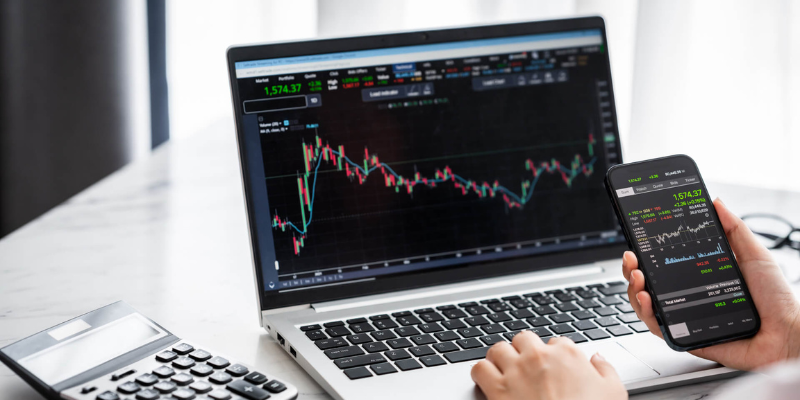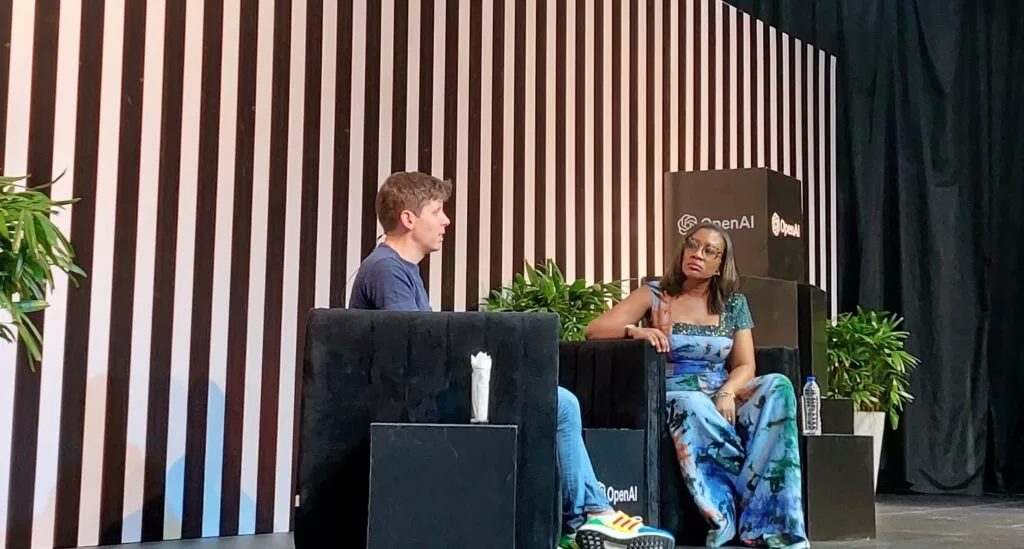Forex has been around in Nigeria for quite some time now. Walk into any major city and you’ll find at least a few people who’ve tried their hand at it—some just for fun, others looking to make a serious income. But beyond the hype and Instagram stories, what does day-to-day forex trading really look like in Nigeria?
Well, for starters, it’s not as glamorous as it’s often made out to be. Internet access and smartphones have made it easier, sure. But with all the platforms and apps floating around, it’s easy to get overwhelmed. The truth is, most beginners either quit early or stick around long enough to start learning the hard way.
That said, one thing most Nigerian traders will tell you is that forex trade can be both addictive and frustrating. It’s not just about watching charts; it’s about understanding what moves the market—and more importantly, what doesn’t.
Tech Makes a Difference
These days, the tool you use to trade can make or break your experience. And while some still go for browser platforms or overly complex tools, a lot of Nigerian traders now prefer something more straightforward and mobile-friendly.
One name that keeps popping up is metatrader 5 forex. It’s been around for a while and supports multi-asset trading, which is a big plus. You can trade currency pairs, CFDs, and even stocks—all from your phone. The platform’s customizability also lets you tweak it to your style, whether you’re scalping on news spikes or just swing trading off support and resistance.
A lot of local traders also lean on community tips. Telegram groups, WhatsApp chats, and even Twitter threads play a huge role in shaping how newbies approach the market. It’s not always accurate advice, but it creates a sense of shared experience—and that matters more than you’d think when you’re five losses deep and doubting your whole setup.
Money Matters
Let’s be honest—forex in Nigeria is attractive because of the money. With the naira going through all kinds of ups and downs, people want a way to earn in dollars or at least protect their savings. But to make any money, you need discipline. No platform, signal, or YouTube guru can replace actual risk management.
And while it’s tempting to go big and deposit everything at once, most experienced traders would say: start small. Learn with tiny positions. Blow a few demo accounts first. It’s better than wiping your real balance just because someone promised 200% in a week.
It’s Not All Bad
Even with all the noise, forex remains one of the few global markets where an individual from Nigeria can genuinely compete. There are fewer barriers than with traditional banking or investment schemes. The tools are there, the access is there—and if you’re willing to put in the time, the opportunities are too.
If you’re just getting started or thinking about jumping back in, maybe first spend time checking out platforms like this one. Read, test, fail a little—and see where it takes you.

















